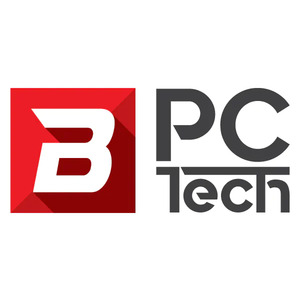Cheap disposable Gen 4 drive
Good for gaming storage, ghetto PS5 setups (add cheap heat sink) and storing any data that is safe to lose
1TB SNV2S/1000G
2TB SNV2S/2000G
SNV2S/1000G
Controller: Variable
Memory: Variable
DRAM Cache: None
Sequential Read: 3500 MB/s
Sequential Write: 2100 MB/s
Random Read: N/A
Random Write: N/A
Endurance (TBW): 320 TB
Warranty: 3 Years
SNV2S/2000G
Controller: Variable
Memory: Variable
DRAM Cache: None
Sequential Read: 3500 MB/s
Sequential Write: 2800 MB/s
Random Read: N/A
Random Write: N/A
Endurance (TBW): 640 TB
Warranty: 3 Years


Store the data safe to lose?
Do you mean that the ssd is not durable?